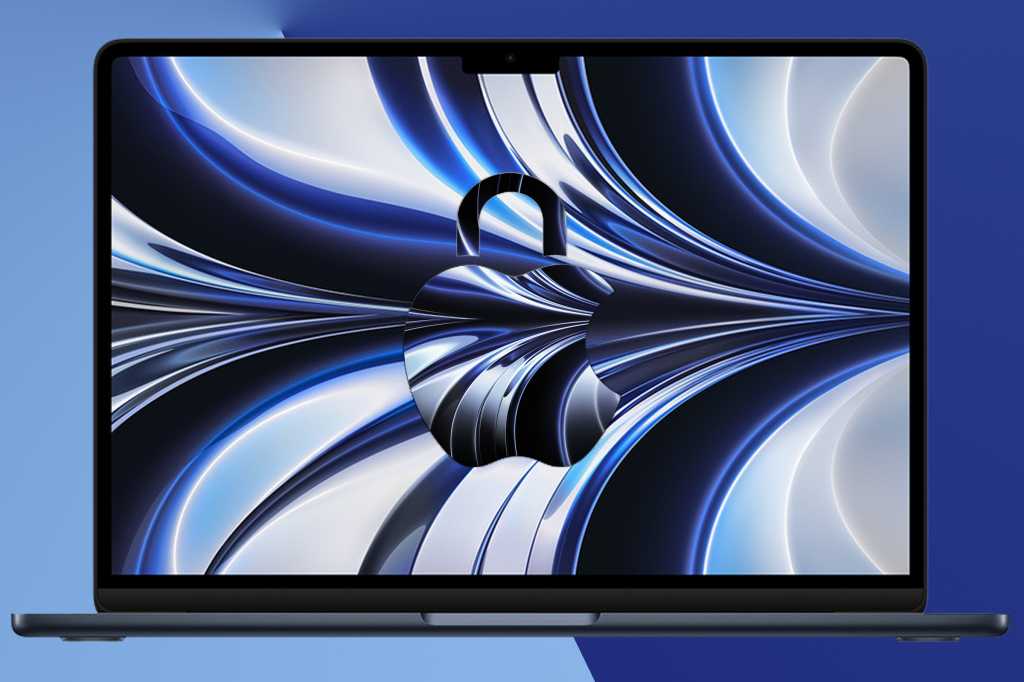If you’re curious how but don’t want to read, I skimmed and it seems like overzealous privacy/permission warnings are at the heart of their complaints. I’d agree, it’s annoying but I prefer it to the alternative.
Creative cloud wanted to run at login, and in the old days, it would just make that happen. Now it implores YOU to turn on the setting because it cannot. That’s a win in my book.
I swear articles like this were written by companies like Adobe
Rule #1 in journalism: follow the money.
Asking for permission to access downloads OS fine by me.
But what pisses me off to no end is system integrity protection. Want a new system sound? Have to boot into recovery, turn it off, copy the file, sign your new modified system, then turn it on and reboot.
And every single update will undo your changes.
Okay but would you prefer the alternative where anything with root permissions (either apps with privileged helper processes or any pkg you ever installed) can modify the OS in whatever way it likes and permanently and invisibly install some kind of malware/spyware?
Yes.
Just give me the option to turn it off permanently. I want control over my system.
It’s good for the idiots who just click things randomly. But I don’t want it for myself.
I’d rather prefer an option within the settings to toggle it off for a set amount of time or until turning off the device. You don’t need root access about 99% of the time.
While that is good, to many warning pop ups also aren’t good. As if you always need to click through 5-7 warnings/permission windows, you might not notice when a bad one sneaks in to the middle.
It’s a difficult problem to navigate, especially as you need to have it work for such a big and diverse audience.
Too many popups is really Windows’ issue. It’s not that all the bullshit companies do doesn’t require you to authorize it; it’s that anything you install needs effectively the same permission and you’re basically conditioned to ignore it.
Apple’s version where it tells you what it wants permission for is much better.
That’s a theoretical issue. In actuality, I haven’t faced anything close to windows level pop ups. I think Apple has struck the right balance personally and I would definitely not want to go back.
That’s really good. I don’t personally use Appel for computers, so I never seen how they do it.
It’s a difficult problem to navigate, especially as you need to have it work for such a big and diverse audience.
That’s a very polite way of saying that part of the target audience are idiots.
You mean stuff like sandboxing and preventing apps from making system changes?
Pick your poison: You can die quickly thanks to a barrage of privacy warnings, or you can die slowly by having to deal with privacy warnings every time you run a new app. Either way will kill you.
That is a hilariously shit-tier take. Complaining about strict, OS-level privacy controls that actually show you what your software is trying to grab from your system? Lol. Lmao, even.
Removed by mod
I hope no one at Apple takes this opinion seriously. The security of Apple hardware and software is one of its major selling points for me. The MINUSCULE amount of time it takes to click a button allowing permissions is very much worth the security and transparency it provides.
Due to an extremely weird series of troubleshooting maneuvers
The dude fucked up his own Mac and wants to blame Apple
Well not the first time I heard something like that.
My favourite is when people download mod for games, and then blames the game devs for the mod braking stuff.
That title makes me chuckle. He should go set up a fresh install of Windows and see what the default security experience is like. Mac OS makes it smooth and fast, and relatively unobtrusive in comparison.
Sure but it’s no excuse to making things worse
Proper security requires some level of intrusiveness if you want functionality as well. It’s not possible to meet varying levels of required tradeoffs for different use cases without asking for informed consent to access restricted information or functionality with some regularity.
Granularity is a good thing. Making users notice privacy violations is a good thing. Windows giving a generic “can this program make changes?” dialogue to every installation whether it’s extremely simple or basically a rootkit monitoring every process and memory access is a terrible, extremely insecure approach.
Decades of OS development have shown that it’s better to ask user for permissions than letting software go rampant.
goodbye yahoo! bar
In all honesty I’m split. There are times when it’s more hoop jumping than I want to deal with, but I’m also closer to a power user, and am capable of at least finding the information on the hoop jumping. The fact that by default, an average user gets spied on less is a good thing. The insane malware developers call anti-cheat on Windows is a far worse default as far as I’m concerned.
deleted by creator
Microsoft may have gotten this one right. Cancel or Allow?







